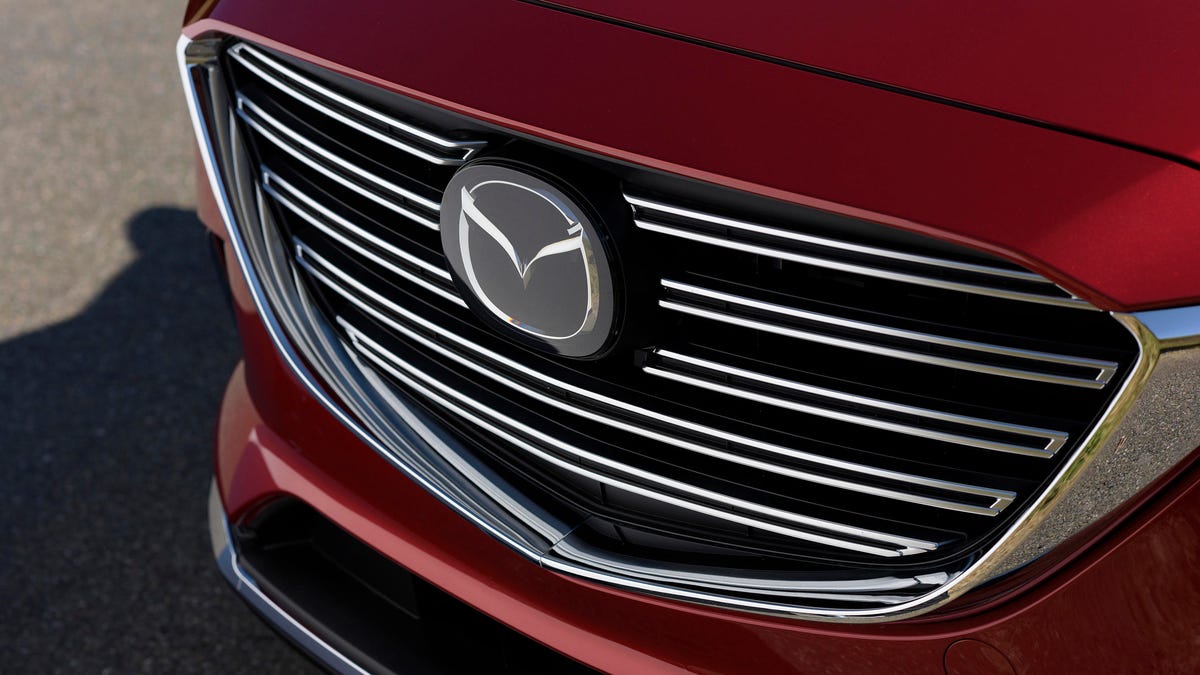Mazda plans to make gasoline as clean as electricity
Mazda powertrain chief Mitsuo Hitomi outlines a plan to keep internal combustion relevant in the coming years.

We've hit a point where manufacturers of vehicles are widely adopting electric powertrains in an effort to meet strict emissions standards. They'll tell you that electric power is squeaky clean and that internal combustion is as dead as the dinosaurs that power it. The truth about EVs is a little less glamorous, though, and Mazda wants to show the world that gasoline still has a lot of room to grow, according to a report by Automotive News.
The first problem with electric cars is electricity. Much of America's power still comes from coal, natural gas and nuclear, each of which presents serious concerns and challenges for the environment. Add in the fact that the sophisticated electronics and massive batteries that are required to make EVs competitive with IC cars in terms of range require vast quantities of rare minerals, often mined from areas with practically nonexistent environmental protections, and gasoline doesn't look quite so evil.
While the petrochemical industry is unlikely to win a lot of environmental awards, making gasoline might be less dirty than making electricity in some areas.
Mazda announced at a technical conference in Tokyo that if it can bump the thermal efficiency of its high-compression Skyactiv-G gasoline engines by 27 percent, to a total of 57 percent, that it can reduce carbon emissions by 25 percent, making its internal combustion engines as clean as electric vehicles. Does that sound a little like something you'd hear on a late-night infomercial? Well, it's not, and we'll explain why.
Gasoline is an incredibly energy-dense fuel, approximately 28 times denser than the lithium that makes up most EV batteries. The problem with gasoline is that as much as 75 percent of its energy is lost to heat during the combustion cycle. Mazda's plan to increase its engine's thermal efficiency would take that energy loss and harness it to power the wheels, which means you get better mileage and more power for less fuel. Cool, right?
Future generations of Skyactiv-G engines could boast massively increased efficiency, keeping gasoline relevant for a long time to come.
Now to dig further into Mazda's claim, it should be made clear that they are looking at holistic emissions for the entire life cycle of the fuel. For gasoline this includes getting it out of the ground, refining it and transporting it. For electricity, that means it consists of all of the myriad dirty ways we make power.
This refresh of Skyactiv-G is different than the new spark-controlled compression ignition engine that Mazda is calling Skyactiv-X. We're not sure how much of X would bleed into the new G, if at all, but regardless we're thrilled that Mazda remains committed to advancing existing technology and making it accessible to the masses.

